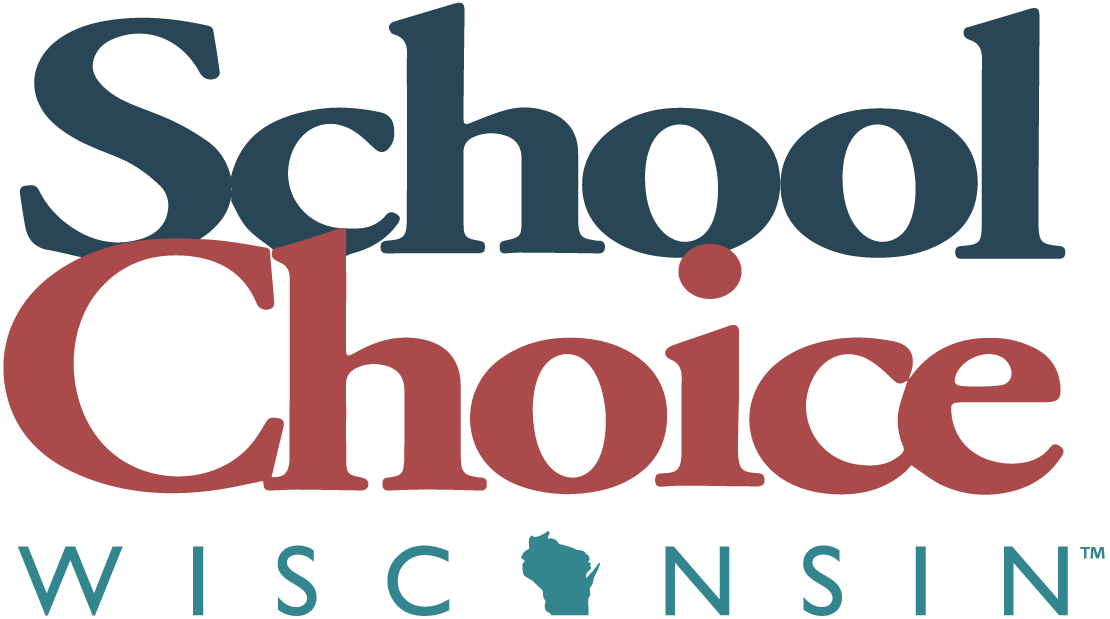An Opportunity to Strengthen School Choice and Save Taxpayers Money [WRN Voices]
| Share this post: |
This is an opinion piece by Nicholas J. Kelly posted to Wisconsin Right Now on January 16, 2024.
There are two key takeaways from Wisconsin’s pioneering school choice programs. First, students in the programs outperform their public school peers. Second, the taxpayer cost is sixty-nine percent of public school spending.
As president of School Choice Wisconsin, these results spur my work every day. At School Choice Wisconsin we connect with schools and families to imagine a better future — whether that means expanding a school, finding the right option for a particular student, or simply spreading the word about the results and the need for more progress.
Parents are the best judge of what will work for their children. State policy should be guided by that belief.
That means our work often takes us to the state Capitol. In the current session, we are focusing on reforms to “decouple” school choice from property taxes, reduce the workload on both schools and the state Department of Public Instruction, and save taxpayers hundreds of millions of dollars.
But while school choice is a good deal for Wisconsin taxpayers, it’s not just about the money or academic results.
The benefits extend far beyond the classroom. Research shows that choice students are less likely to run into trouble with the criminal justice system. They are more likely to graduate high school and attend post-secondary education.
The bottom line? Not only does school choice work to improve educational results, it changes lives.
And, reforming school choice finance can lower property taxes.
At issue is the way the state’s choice programs are funded. The Milwaukee choice program — the state’s largest — will soon be 100 percent funded through state general-purpose revenue. The other three programs — the Racine Parental Choice Program, the statewide Wisconsin Parental Choice Program, and the Special Needs Scholarship Program — are more complex and involve local property taxpayers.
Decoupling reforms would mean that all choice programs would eventually be financed exclusively by state general-purpose revenue, just as Milwaukee’s will be starting next year. It’s the most equitable – and most sensible – way.
Governor Tony Evers endorsed this concept while superintendent of public instruction. It would save schools and the Department of Public Instruction time and administrative costs and provide property tax relief to local districts.
In other words, decoupling is a win-win for taxpayers and school choice.
While it can be difficult for Republicans and Democrats to find common ground in Madison, decoupling is one policy proposal with bipartisan support. Both Democrats and Republicans have introduced bills to decouple the choice programs from property taxes.
SCW has long played a leading role in advancing education reform in Wisconsin. We helped secure a record funding increase for Wisconsin’s school choice programs. We fought back against legal attacks on school choice.
In the coming weeks and months, SCW and our sister organization School Choice Wisconsin Action have our sights set on a new goal: strengthening school choice for generations to come and helping ensure hardworking property taxpayers keep more of their own money in their pockets.
That’s a future we can all get behind.
| Share this post: |
 Skip to content
Skip to content